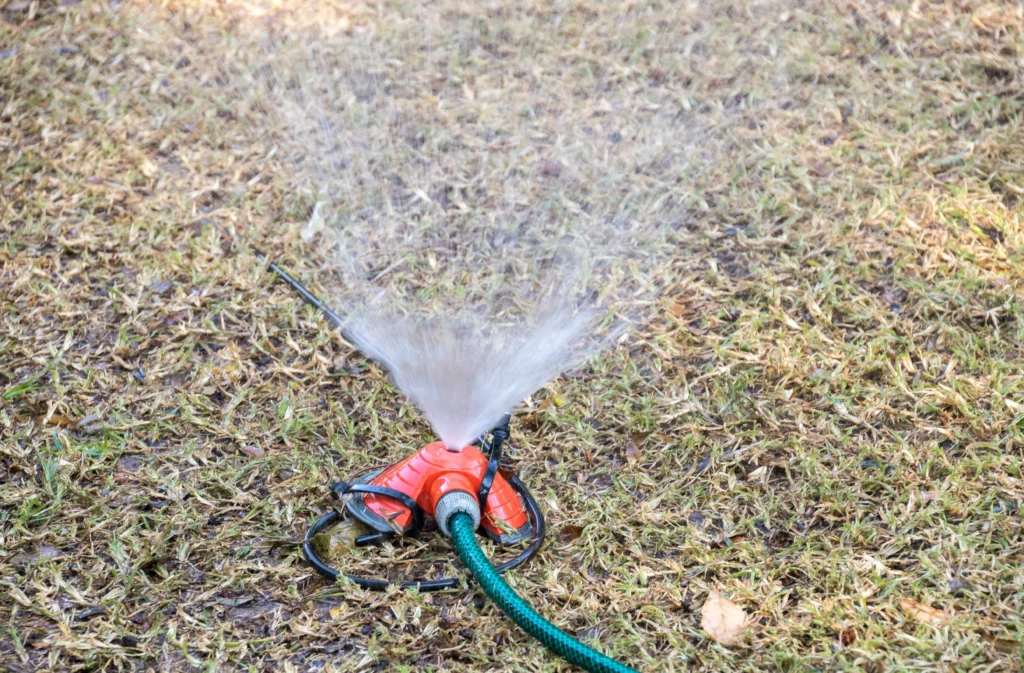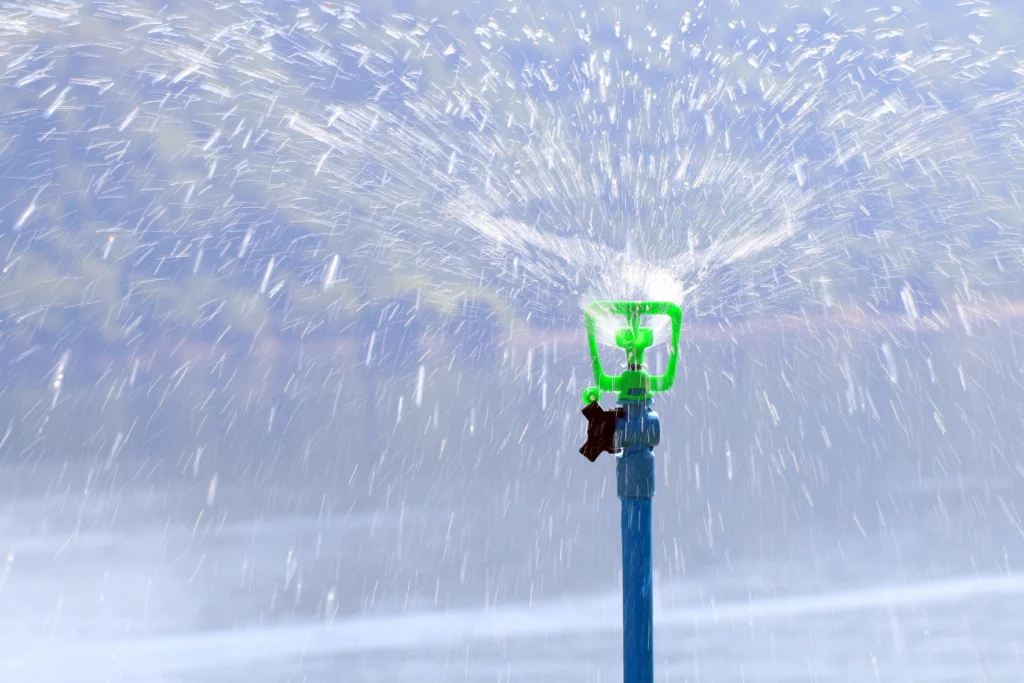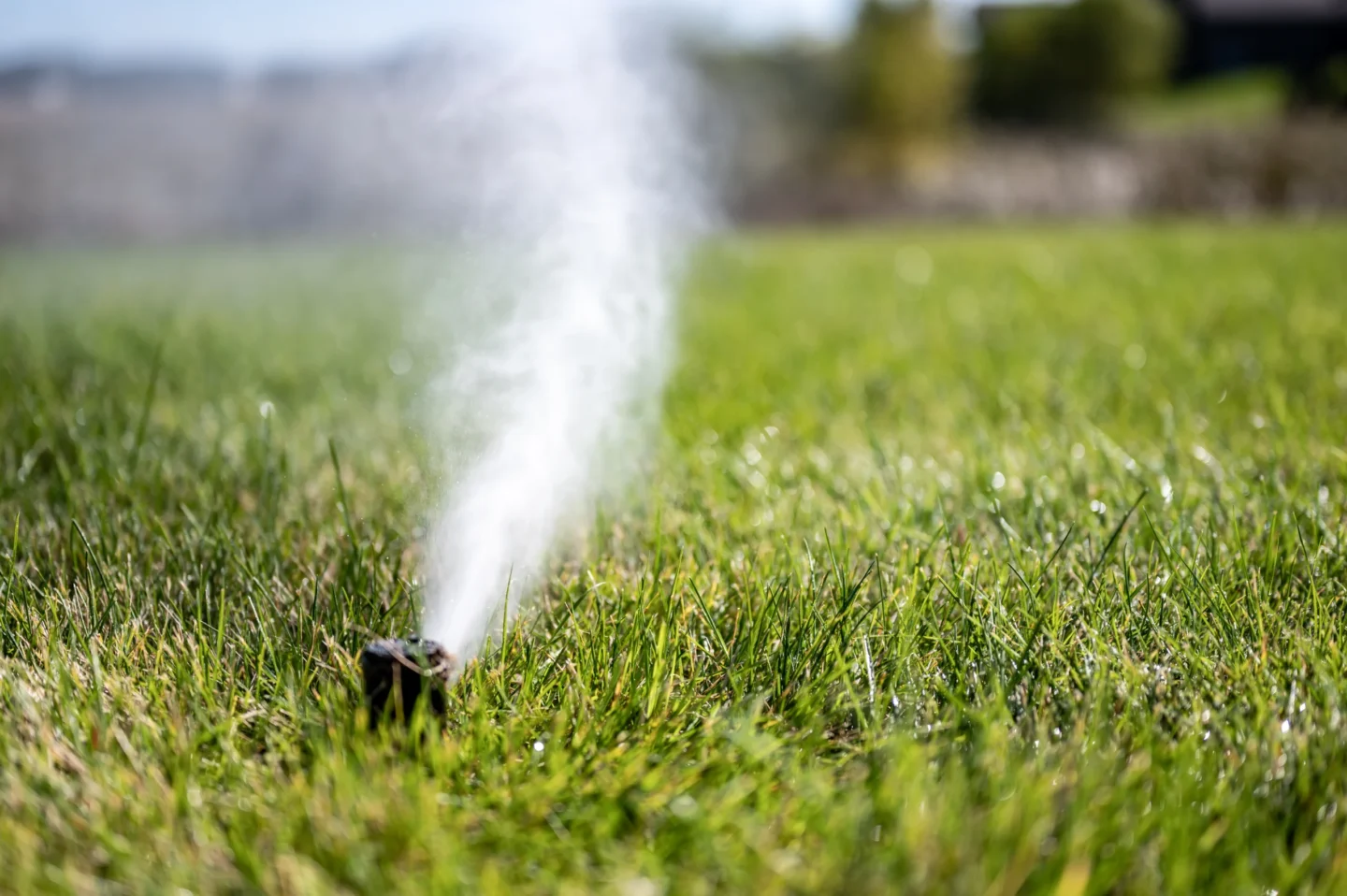
As the temperatures start to drop in Collinsville, IL, it’s easy to forget about your irrigation system buried under the soil. But failing to winterize it before freezing weather hits can lead to serious problems—costly ones, too. Winterizing your irrigation system isn’t just a suggestion; it’s a vital maintenance step that protects your investment and prevents unnecessary headaches come spring.
Frozen Pipes Lead to Cracks and Breaks
Water left inside the pipes of your irrigation system can freeze when the temperature dips below 32°F. When water freezes, it expands—putting pressure on the pipes, fittings, and sprinkler heads. Even a small amount of water trapped in a line can cause a pipe to crack or burst as it turns to ice. Once this happens, you’ll likely be looking at extensive and expensive repairs.
Damage to Sprinkler Heads and Valves
Sprinkler heads and valves are especially vulnerable to freeze damage. These parts often sit close to the surface and are exposed to colder temperatures. If water remains inside them and freezes, the plastic or metal components can crack or warp. That means once spring arrives and you go to turn on the system, you may find broken or misaligned sprinklers spraying water in the wrong direction—or not working at all.
Backflow Prevention Device Failures
The backflow prevention device is one of the most important parts of your irrigation system, as it keeps your irrigation water from contaminating your home’s drinking water supply. However, these devices are extremely sensitive to freezing conditions. If not properly drained or insulated, freezing water can cause them to crack, rendering them useless and possibly leading to contamination issues or costly replacements.
Flooding and Water Waste in Spring
If your system is damaged over the winter and you don’t realize it, you might turn it on in the spring and end up with flooding in your yard or a massive spike in your water bill. A cracked line underground can leak unnoticed until it creates soggy patches in your lawn in Collinsville, IL, water pressure issues, or even erosion. These leaks can waste hundreds of gallons of water if not caught early.
Costly Repairs and Replacements
Perhaps the most frustrating consequence of not winterizing is the financial hit. Repairing frozen or burst irrigation pipes isn’t cheap. In many cases, damaged systems need sections completely replaced. Not only do you pay for the new parts, but also the labor to dig up your yard and reinstall everything. Compared to the relatively small cost and effort of winterization, it’s simply not worth the risk.

Peace of Mind Through Preparation
Winterizing your irrigation system typically involves turning off the water supply, draining the system, and using compressed air to blow out any remaining water. Some systems may also benefit from insulating exposed components. Whether you do it yourself or hire a professional, taking the time to winterize can save you hundreds (or even thousands) of dollars and a whole lot of stress.
Call Diversified Services today if you are looking for a company near Collinsville, IL who can help winterize your irrigation system.

